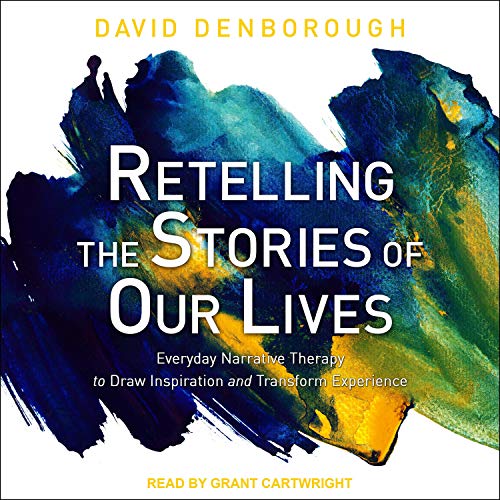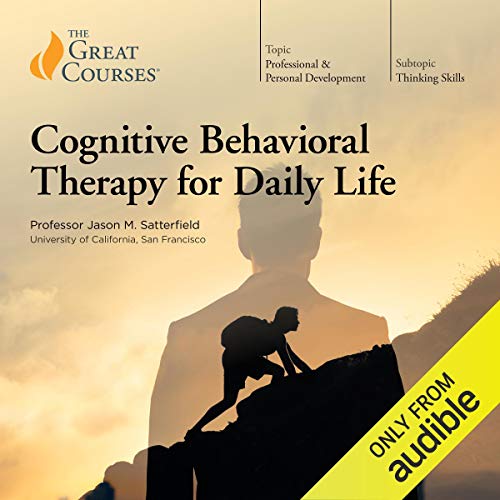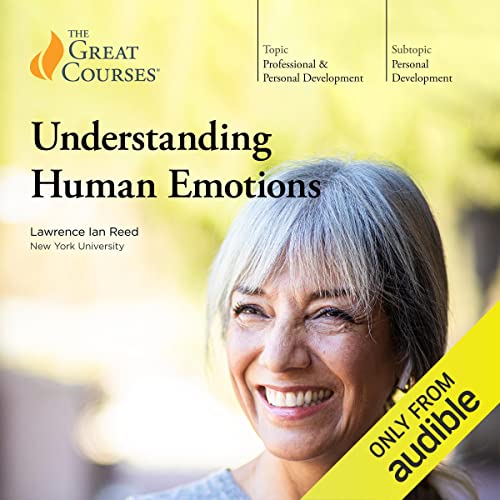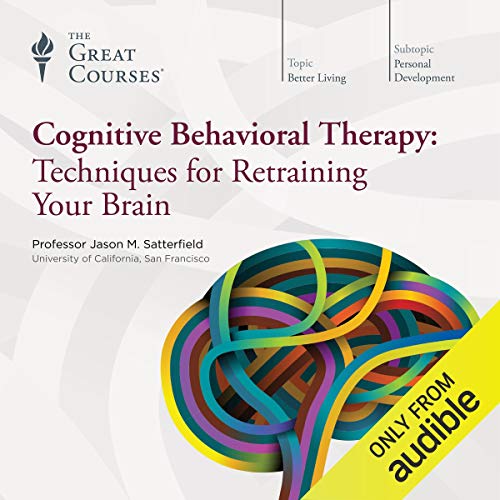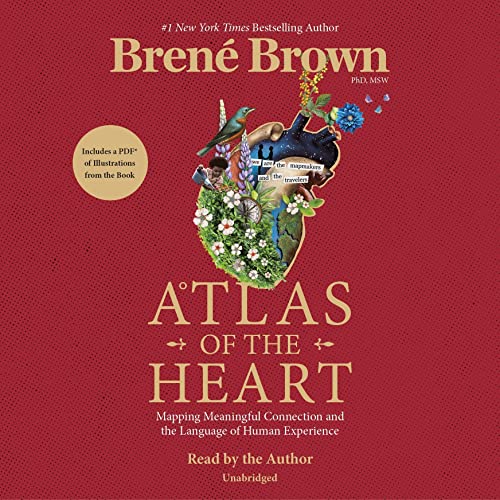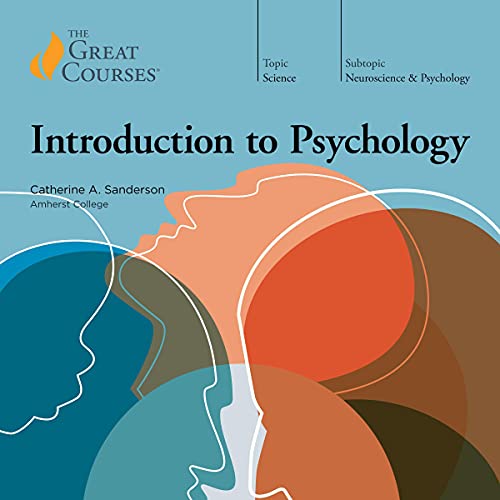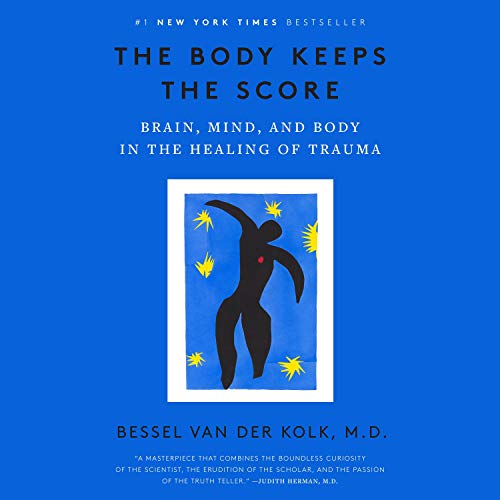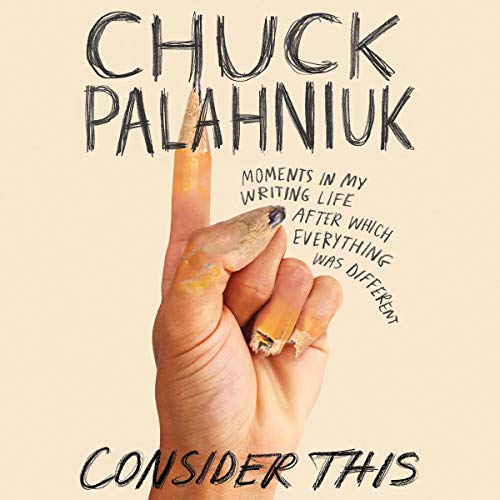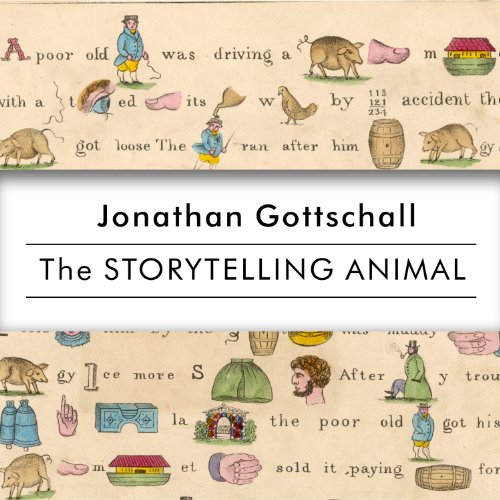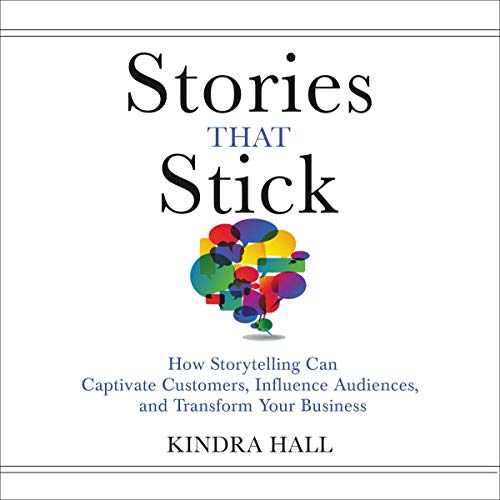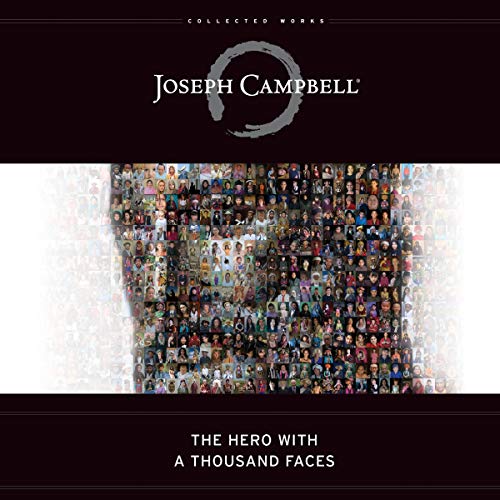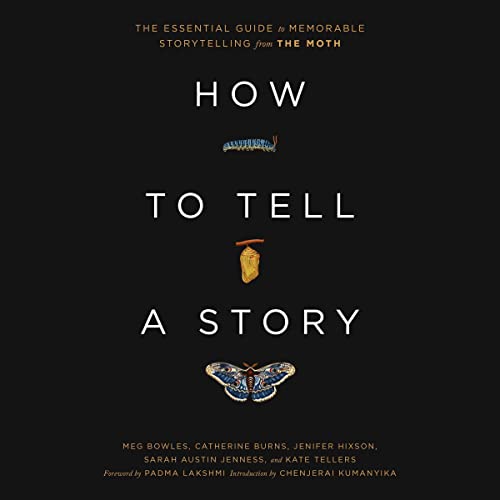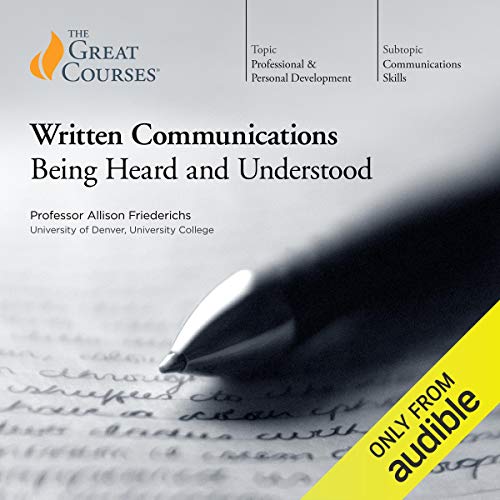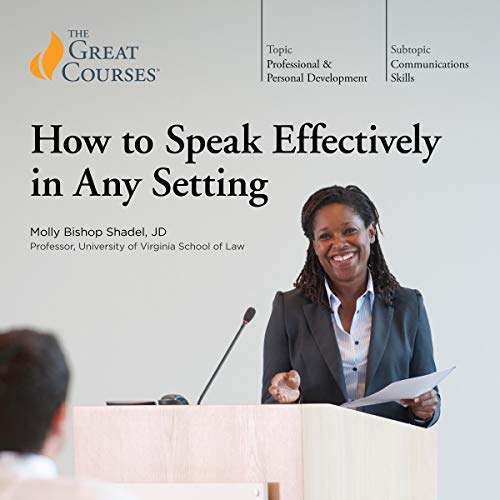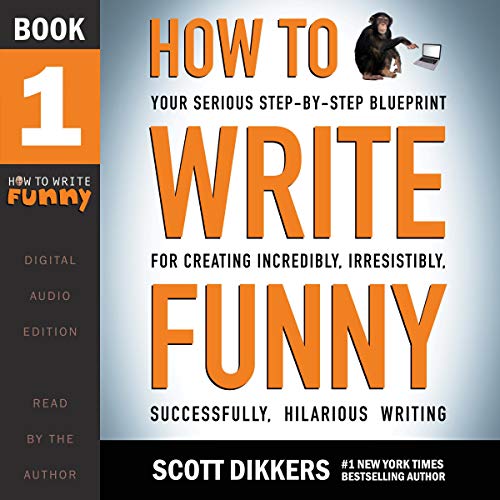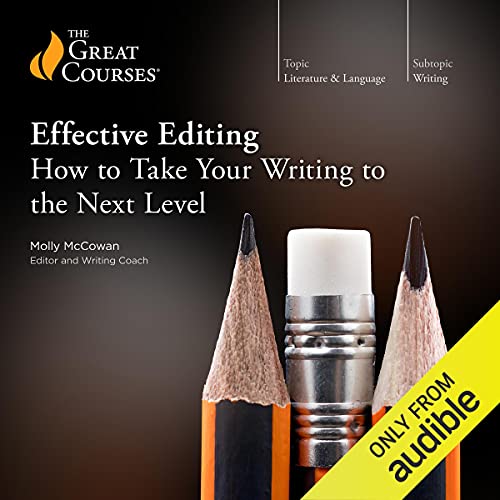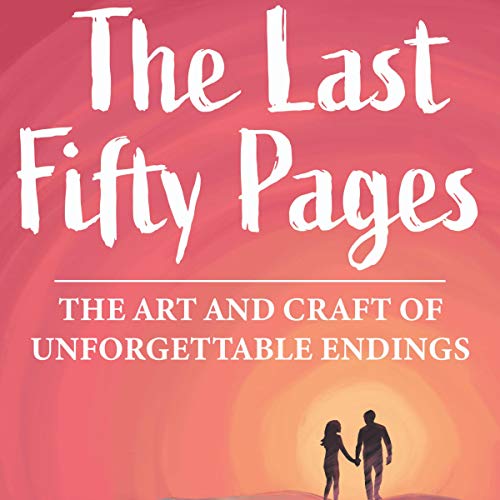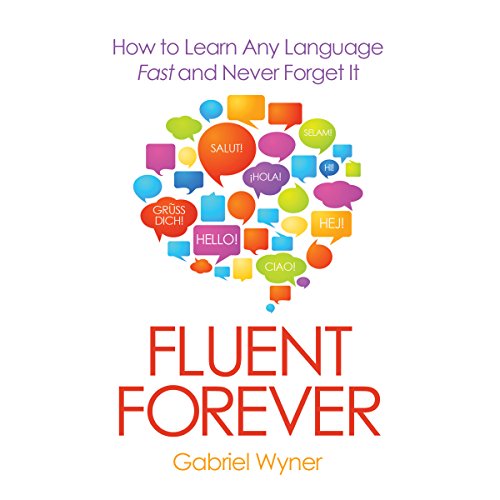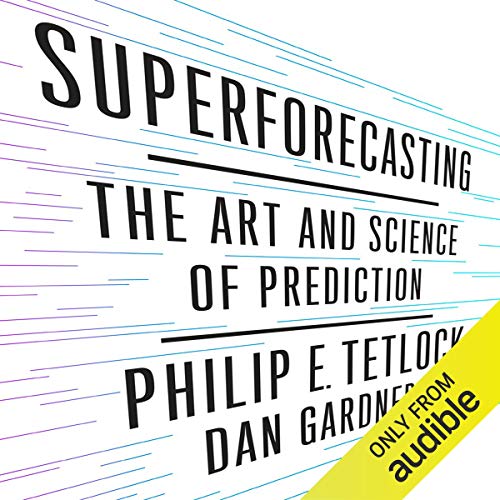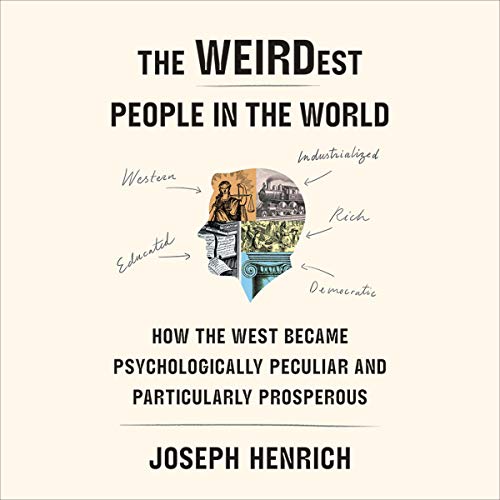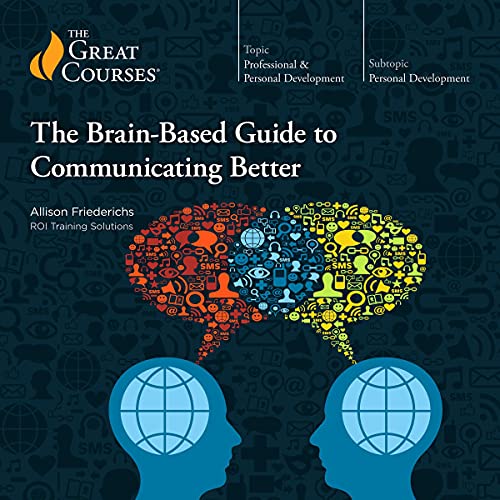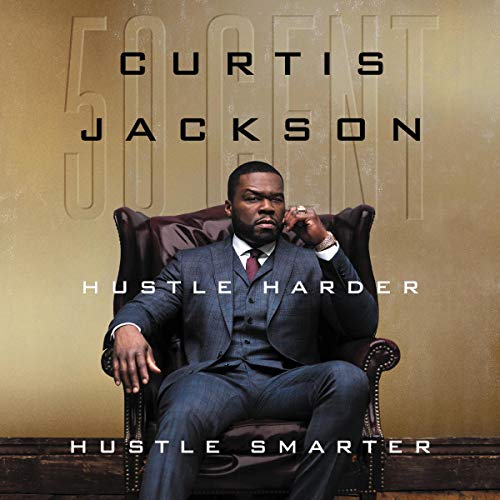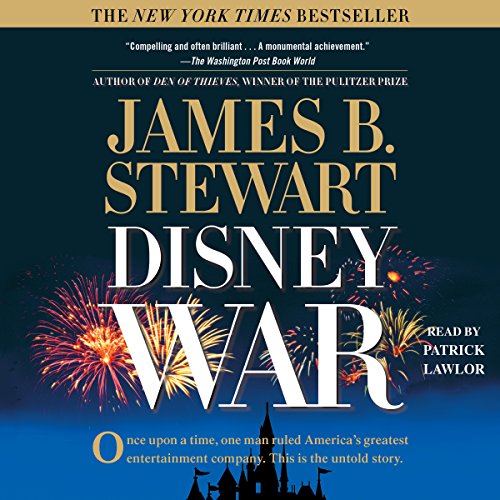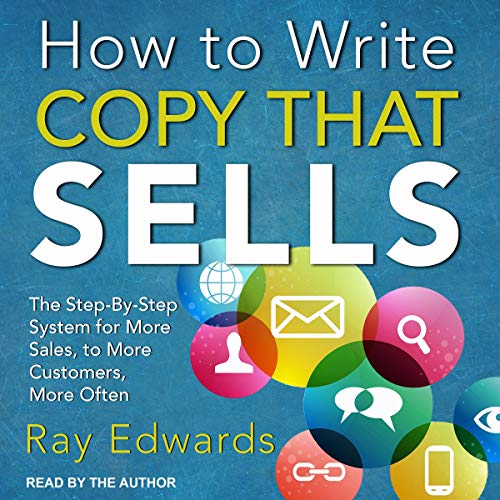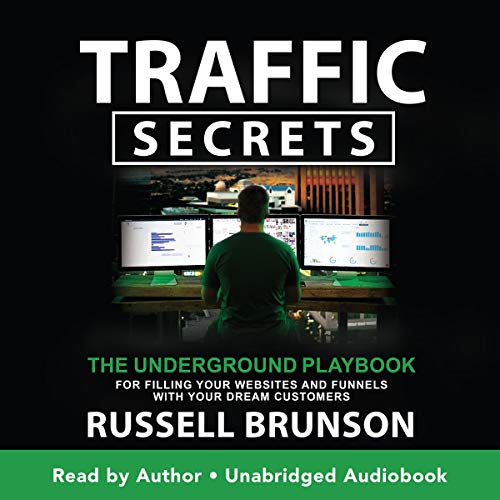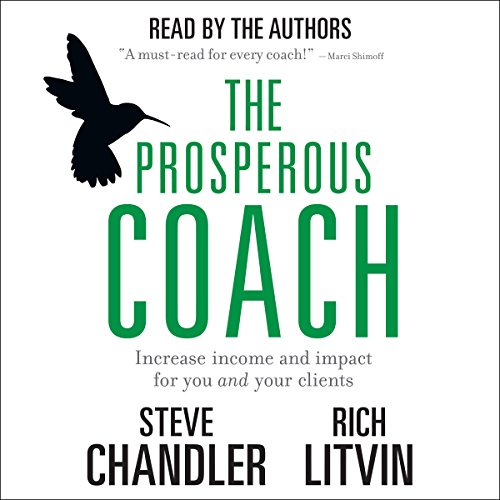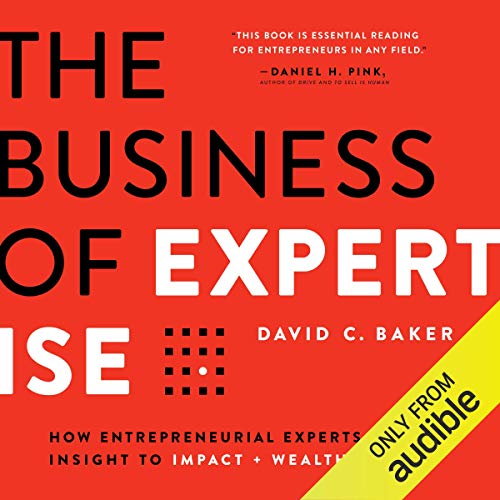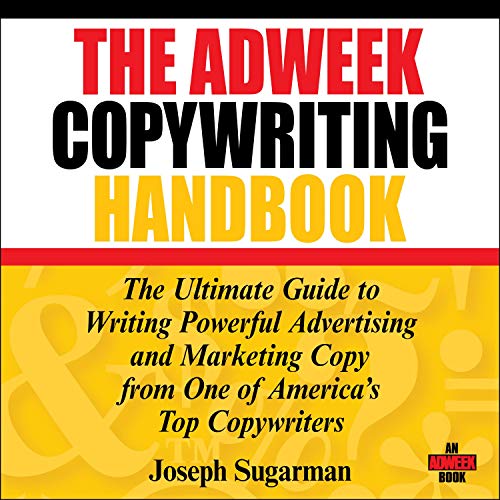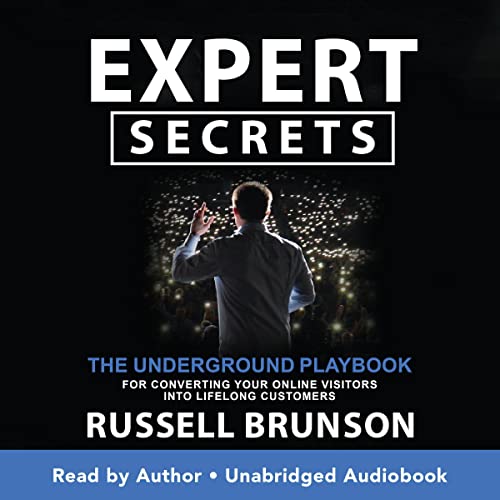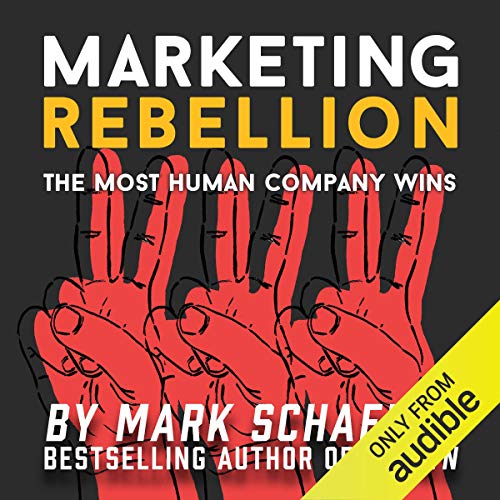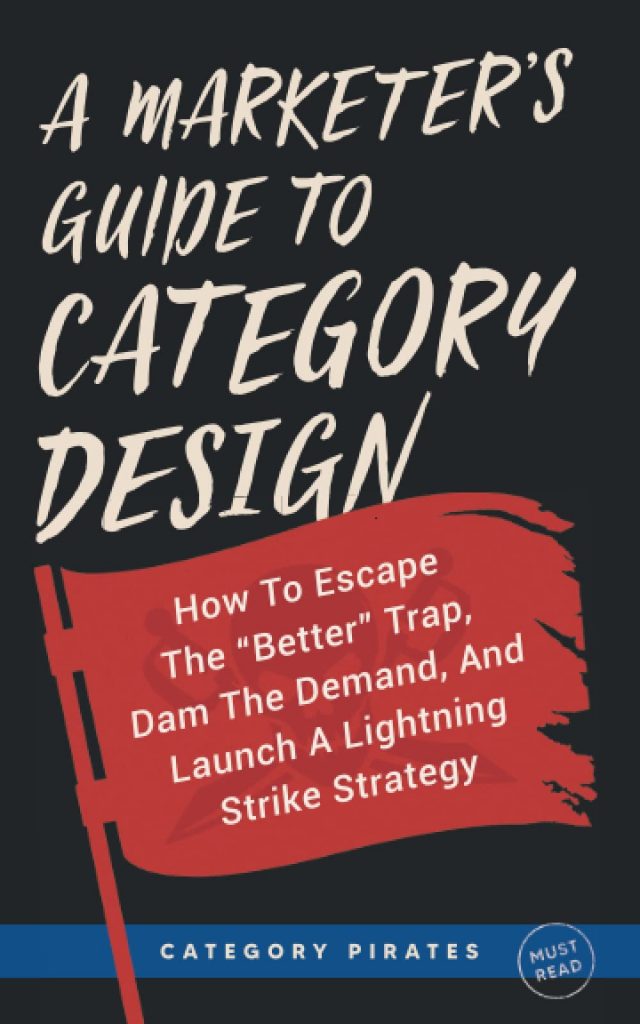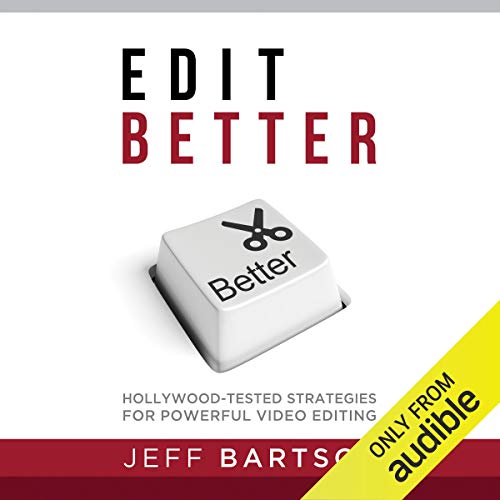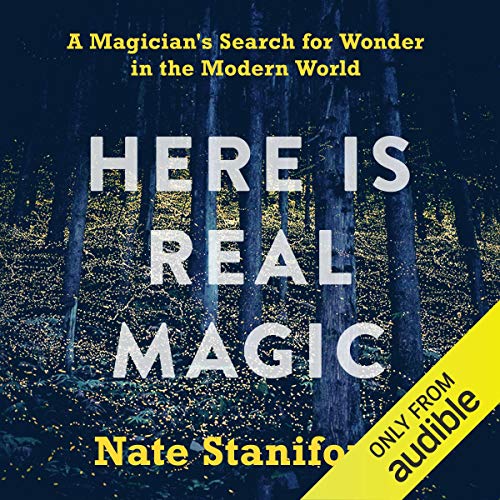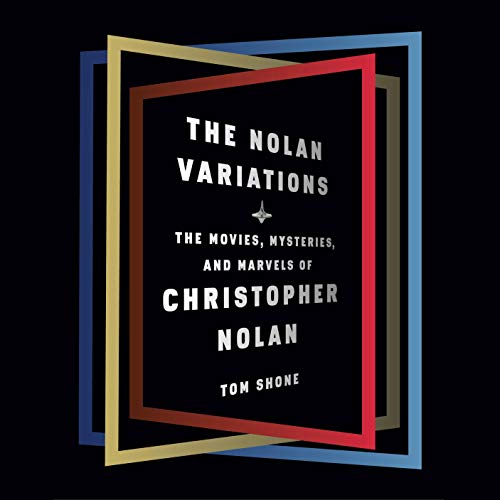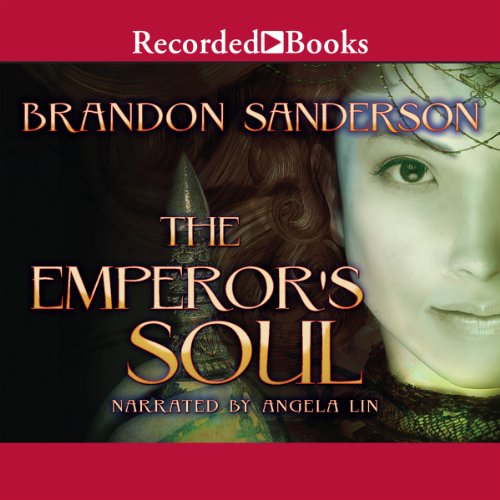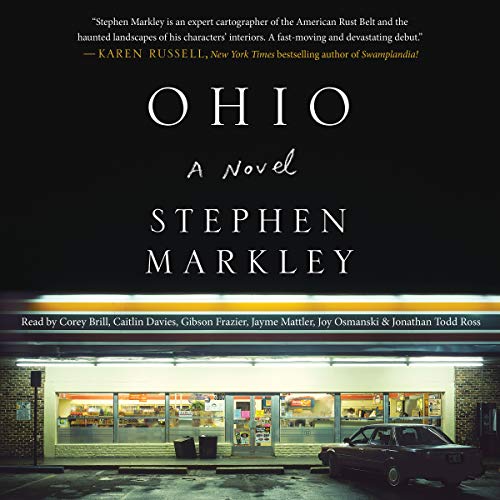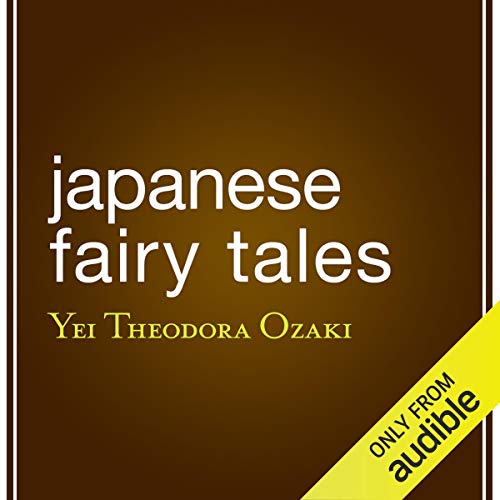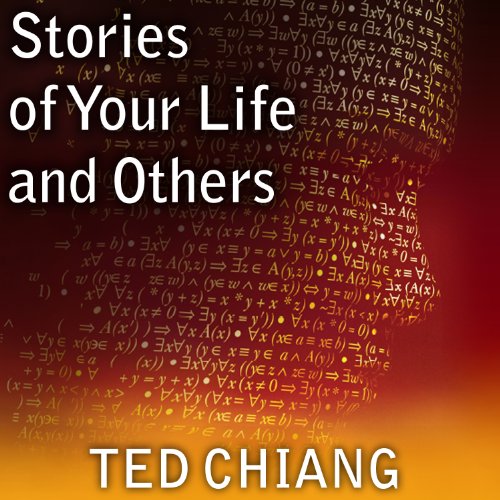I’ve read 25+ books on the art and craft of storytelling.
Here’s a quick 3 sentence summary of what I’ve read so far this year. One major take away or what I enjoyed. For those who are interested, every book here links to amazon, if you buy it we will make money off that purchase. You can increase the amount we get by manually going to smile.amazon.com.
Once at Smile.amazon.com you can choose Story Luck as your non profit of choice and every purchase you make they will add a small donation to us at no cost to you.
Due to the generosity of people like you, we are able to create free shows for everyone!
To see what I read last year, check out!
Storytelling Books on Therapy
Retelling the Stories of our Lives
This is the follow up to Maps of Narrative Therapy which I finished in 2021.
Including case studies and the notes that went along with them it shows much broader uses of narrative as a way of accessing therapeutic measures. Not only are there stories about telling other people’s stories but on how one might guide people to tell more fully realized articles of their own life.
Everyday Narrative Therapy has me thinking about creating worksheets on my method. How can I teach what I’ve learned about telling other people’s stories?
Cognitive Behavioral Therapy for Daily Life
I took two Great Courses on CBT.
This one is a companion piece to the original. Professor Jason M. Satterfield’s kind and calm voice guides you, and his clients through a triangle of recognition.
Asks you to decide, is what you’re going through a thought, a feeling or a behavior. (Trickier than it sounds. Is fear a thought or a behavior in this framework? What about spine tingling terror?)
From there you start to incorporate a journaling system so that you can pull back and reframe assumptions you’re making unconsciously.
I’m addicted the Great Courses.
12 Lectures snag you a better understanding of clients, friends, And! dare I say it? Enemies. 😈
Even if you think of yourself as an empath, knowing the mechanics of why people think they way they do, gives you an edge when responding with aplomb.
Cognitive Behavioral Therapy: Techniques for Retraining Your Brain.
This kind of therapeutic technique appeals to the stoic in me. Look for your locus of control. Don’t just feel your feels, but also name, describe, and in doing so turn your unwanted feelings into problems that just might be solvable.
This course looks closely at specific clients going through months and months of therapy. We check in with them as they make incremental progress.
Atlas of the Heart by Brené Brown.
This book straddles psychology and science of the mind.
She opens with a story of how she internalized the role of empath and moves through study after study on a gamut of different emotions.
Sometimes we think of the five senses. But when we are our best selves, we realize there are many more. Senses bleed into emotions, and connect to how we belong. More people recommended this book to me than any other book on storytelling, and it didn’t disappoint.
I made it half way through this course.
It is one of the most academic Great Courses I’ve taken. It talks a lot about the brain, what chemicals go in and how they interact and get spit out.
Because I listen while I run and while I walk my dog, I did not retain a lot of this course.
The Body Keeps the Score: Brain, Mind, and Body in the Healing of Trauma
I started this last year.
Trauma is hard on my constitution so this book continues to be slow going. It’s powerful, and was the book most recommended to me next year. It’s filled with empathy…
My biggest takeaway: secrets kill. I promote narrative performance, which usually sees people taking their stories and sharing them on a stage. But with these deeply vulnerable stories, it’s not necessary to tell them to everyone. Still, tell someone.
Books on How to Tell Better Stories
Consider This: Moments in my Writing Life After Which Everything Was Different.
Full disclosure: this is on my to read list.
But I liked the movie and the book, Fight Club. I’ve seen a couple of his interviews, and am expecting good things. He’s a guy who thinks deeply about the craft, and is pro research.
And one of a growing list of writers who, like Story Luck, encourage people to form their own personal writing groups to help get ahead.
This is one of those books I’ve been avoiding because the title seems to hold the answer to the rest of the book.
I’ve been pleasantly surprised.
Jonathan Gottschall was first recommended to me by Storytelling coach Kurt Mullen. Jonathan goes out of his way to gussy up his prose stylings.
Biggest lightbulb moment was listening to him hash out various competing ideas on why our storytelling came to being.
There’s a Twitter/Life guru I like, Chris Do.
He’s big into adding storytelling to his talks. As such, he had Kindra Hall on his podcast. There he touted her as his favorite storyteller, telling her, “You’re book changed my life.”
So when it popped up on sale the very next day, I pulled the trigger.
She has a cool framework for 3 act structure. And goes into how you can ask better questions from customers to illicit better stories.
The Hero With A Thousand Faces.
Joseph Campbell’s most famous work inspired your favorite media.
If you’re looking at a treatise on how these epic stories from all over the world might fit under one roof, this is the book. And I’m finally cracking through it this year.
It’s good, but it’s dry.
It’s long, but it had to be to be comprehensive.
The Moth is the 10,000 lb gorilla of the storytelling world, so you know I had to pick this up. Everyone wants to know, “If I go to a Moth Storytelling Slam, what’s the winning formula?”
The Moth is best in audio book format as there are hundreds of snippets ripped from the original Moth stories. You’ll hear from your favorite tellers, Neshama Franklin, Nestor Gomez, and Shannon Cason.
In the end, it’s clear they hope you’ll hear the snippets and think… I should go find this full story!
Written Communications: Being Heard and Understood.
Here’s another Great Course.
When you have an audible subscription, you get a few hundred of these courses for free. So I highly recommend signing up for audible. Between two for one credit deals, and the new a-la cart/netflix style buffet they’re offering, it’s a great deal.
Near the end of the book, it talks about how, if you’re an expert it’s in the public’s interest to share that expertise. Become a better writer, because it’s your duty to share.
How to Speak Effectively in Any Setting.
If you’re the type of kid who wanted to be in debate but didn’t have the chance. This course is up your alley.
I skipped around for specific lectures on narrative performance.
Molly was smart, and I found her arguments and anecdotes convincing.
The last two lectures are ones that I’ll be queing up to listen to again. How should you handle news interviews and calls from the press.
It is absolutely step by step.
If you’re the sort of person who wants to be workmanlike in order to find funny. This is the book.
Filled with exercises, quick examples, and ways of reflecting on if your rough drafts work.
My main hot take is that Humor can be formulaic and still work.
Effective Editing: How to Take Your Writing to the Next Level.
This class answered a lot of questions I had.
What’s the jargon surrounding editing? When do you worry about plot edits vs when do you worry about line edits? When do you ask for a copyeditor vs a structural editor?
These classes emphasized rate of revelation, and gave me instruction on how to pick up the pace. Keep the reader and, in a way, the characters interested in motivated to see what’s on page 2 and then 3 and all the way through till the end of the book.
The Last Fifty Pages: The Art and Craft of Unforgettable Endings
This is very similar to a lecture he did for the Great Courses on writing Great Fiction. (Which I read last year.)
Writing powerful endings is one of the hardest skills to get good at… because so many of us fiction writers never get to the end! Here he gives tons of examples, anecdotes from his favorite books, and thought provoking exercises.
If you hate endings, pick up this book, and start being a workman. Write the ending first. Making it hookie and figure out where the weight is. Work backwards. Work on endings enough that you start to love them.
When you gain expertise, it’s hard to hate a thing.
Books on the Science of the Storytelling Mind
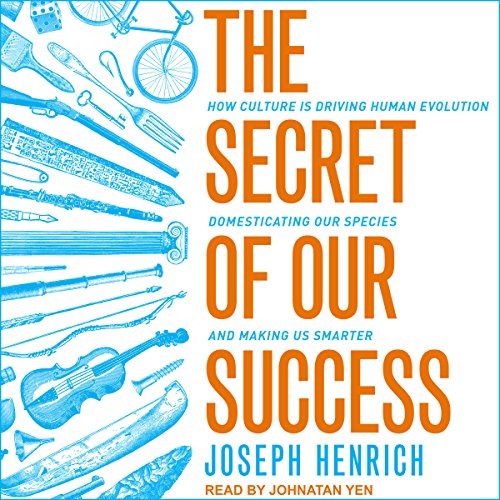
Joseph Henrich makes the argument that our social hierarchies is what leads us to being an apex preditor.
These social mores, and complicated systems of social behavior passed down from generation to generation allow us to have vast repositories of stored data.
This is a great book for all those PKM lovers out there. 😊
Fluent Forever by Gabriel Wyner.
I’m one of those people who isn’t good at learning languages. This book convinced me that it wasn’t me, it was my method.
The main chunk of this book explains how to build better flashcards. It’s a methodology that I’ve not found the time to implement, but I did pick up ANKI another deckbuilding flashcard system and have found it incredibly helpful.
Those who have signed up for my free 1 on 1 storytelling session know that I love spaced repetition.
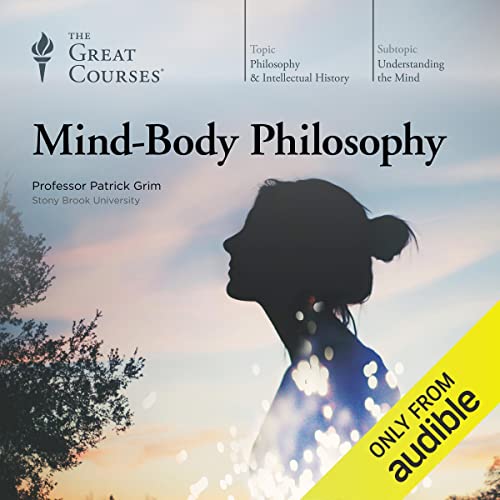
I picked this up to help my niece with a writing project but!
In the end she thought me writing her paper for her was cheating and all my hard work was for… my storytelling benefit. 😆
Adam Baker, Story Luck board member extraordinaire and I spoke a bit about this topic after I took the class. We came away with the conclusion, you don’t have to choose. The mind and the body are linked, and can’t be separated.
Your cells matter. In a way, they have their own dreams, their own level of consciousness.
Superforecasting, the Art and Science of Prediction
I picked this up because it’s narrated by my friend Joel Richards.
I’ve only made it about a third through, but the opening is about people who are bad at predicting. Joel does a great job and it’s easy to understand him at both normal speed, and my prefered 1.75.
So if you’re wondering how I get through so many books, that combined with a dog who needs 5 miles of walks a day = the answer.
Weird is a strong term.
But it got me to buy the book. Then it did the ole switcheroo. Weird isn’t pejorative, it just means different than the global cultural norm.
Study after study highlights how the West’s focus on the individual isn’t the universal norm we pretend it is. If you’re doing a study and only looking at American College grads, you’re looking at subset of humanity that’s culturally speaking, not the norm.
The Brain-Based Guide to Communicating Better
This was a short course but it was AMAZING.
Here’s my biggest takeaway. Think more about the neural pathways you’re creating for yourself and others.
If someone doesn’t believe you, then look to start with things they do believe. Get them to recognize other true statements you both agree on.
From there you build rapport and you find ways to create new brain grooves. Ones that circumvent mental roadblocks.
Books on Business & Marketing Storytelling
I’ve read a half dozen books on being a good manager. This one is my favorite. He gives concrete examples of the sorts of issues that come up in the nonprofit world.
How do you deal with conflict between volunteers?
Gives examples of setting an agenda, and talks candidly about many of his failures. In the end, he’s never worried, because if you are a hustler, you can always get it back.
I love business books that get wrapped up in story. This is a massive tome and I’m moving through it slowly.
But I will tell you, it’s gripping and there are little nuggets of what to do and what not to do.
Biggest takeaway so far is that there is a kind of drive cultivated that’s not normal. I think you can get it, but there’s a question, do you want to be like the captains of industry? Would you want to be the person who can do what it takes?
Ray Edwards is one of the most famous copywriting gurus.
He has a regular podcast, and a collaboration with Daniel Brunson of Click Funnels fame.
Here, Jim pushes his PASTOR method.
One quick tip he has, don’t skimp on the money back guarantee.
I’ve read the trilogy. Traffic Secrets is the best one.
It’s the thing most people who have a good product need.
I have been told, time and time again, “Follow the big people in your field and make sure you’re interacting with them regularly.”
I haven’t been good at implementing that advice, but when I do, good things always happen.
The Prosperous Coach: Increase Income and Impact for You and Your Clients.
Steve Chandler and Rich Litvin push the importance of having friends who’s sole role in your life is helping you achieve the greatest achievements on your todo list.
In my work as a storyteller, it’s important to hold the person, as well as the story. That’s why a lot of what I do is based around the coaching paradigm, not just the storytelling aspects.
The Business of Expertise: How Entrepreneurial Experts Convert Insight to Impact + Wealth
I will try to finish this, before 2022’s end.
But I did not find the opening gripping. He makes the argument, “If you’re reading this, you’re not a big fish. So you’ve got to differentiate yourself. Don’t try to be Coca-Cola if you’re a start up.”
This fits in line with Cole’s Category Pirates. That might be a better place to start?
Here it is! Everyone’s #1 Copywriting handbook.
I finally read it.
Am I a better copywriter? Probs.
It feels like… if you could write sales copy you could help everyone you know and love.
Expert Secrets: The Underground Playbook for Converting Your Online Visitors into Lifelong Customers
I said Traffic Secrets was the best one but this was my favorite one.
The second half of this year, I’ll be implementing what I’ve learned from this book into a weekly webinar on storytelling, YouTube video creation, and coaching.
I’m actually super excited to use the sales framework to my performances. For those who have read it… “I’m going to give you a bunch of rocks to throw at your enemies!”
Marketing Rebellion: The Most Human Company Wins
So!
It’s so much work to do what Mark Schaefer suggests, and he doesn’t give you good frameworks for implementing what you’d need to do. However!
Up above in the story section is another book, Stories that Stick which actually goes into how to get your customers motivated to tell the stories of using your products.
You’ve got to do what you love, babe.
I’m a Nicolas Cole fan. I help out with ship30 for 30 stuff. And am constantly crowing about how great it is. Category Pirates is his side hustle.
This is a powerful framework that pushes deeper into Eddie Yoon’s Super Consumers.
You don’t want to be better. You want to design your own category.
Books on How to Tell Better Stories for YT and Video Editing
Edit Better: Hollywood-Tested Strategies for Powerful Video Editing.
Listened to this last year but went back over it to remember the key points.
In a lot of these books, those on storytelling and those on video editing bring up that you can show any human 3 random images and they will connect the dots.
Change the order, and the dots will change. Usually the story is A + B = C.
Here is Real Magic by Magician Nate Staniforth.
A surprising fit for this category.
But Here is Real Magic follows Nate as he films a documentary. Along the way you get snippets of him taking B roll. Feeling silly and self conscious mugging for the camera. Being excited to see the final project.
It shows how, even performers, maybe especially those of us who work to tell stories live, authentically, to create moments… don’t want them to live outside of the moment. Magic is made real when it’s fleeting.
The Nolan Variations: The Movies, Mysteries and Marvels of Christopher Nolan by Tom Shone.
This was one of my favorite books on filmmaking that I’ve read.
Reading this, I realized… I’ve watched all his films. LOL.
Here’s a great Nolan misquote I remember, “Do you know there are directors who don’t think they are making the greatest movie of all time? Like while they are working on the project, they’ll think, this is going to be serviceable. It takes years to write, direct & edit a movie. It seems like such a waste of time… to not at least think, this has a chance to be the best thing ever created.”
Fiction I’m Dissecting
This is another book on my to read list.
Here’s the thing! A random dude on reddit told me to buy this, and it was $3.
Brandon Sanderson has an absolutely INCREDIBLE free, 6-9hr course he put out on YouTube.
I love high fantasy. So super looking forward to cracking this open.
This was recommended to me by a friend on reddit.
I went to high school in Ohio, and am working on a book of collected fiction stories that in the writing helped me come to terms with how that makes me feel.
I am both scared of starting this book, and comforted that it exists. Just looking at the cover makes me feel seen. Small town Ohio, was such a foreign place.
In June 2022 I set a goal of studying 100 hours of Japanese.
3 Reason’s to Learn a New Language
- Shift Your Perspective
- Stave off Dementia
- Open You up to Cultural Stories
Culturally, Japan is much less interested in the individual and these stories reflect the desire to put the group ahead of the singular.
Stories of Your Life and Others by Ted Chiang is an award winning collection of short stories.
The first story I read was about the Tower of Babel.
This story provides a framework for your own fiction. In any work of fiction there’s architecture that hasn’t been explained. You can go there, and tell the stories of those who built it, lived around it, and let us know… the way fan fiction artist do, what that fleshed out world looks like.
Final Thoughts
I read in fits & starts.
Multiple books and classes at a time, skipping back and forth as the mood hits me. I have learned to let my motivation rule, rather than struggle with a book I’m not that into. Audio books, are the #1 reason I’m as productive as I am.
That said, I do also read on the kindle and paperbacks.
3 Books that Upped My Storytelling Game This Year.
- Japanese Fairy Tales (Just seeing how far we’ve come in this craft.)
- Hustle Harder: Hustle Smarter (Here’s the hard story of business-family and business-friendships.)
- Effective Editing (Reminded me, for a full length work, you need to pay an editor!)
Thanks for checking this out, and through July I’ll be writing long form threads on many of these, and last years books.

